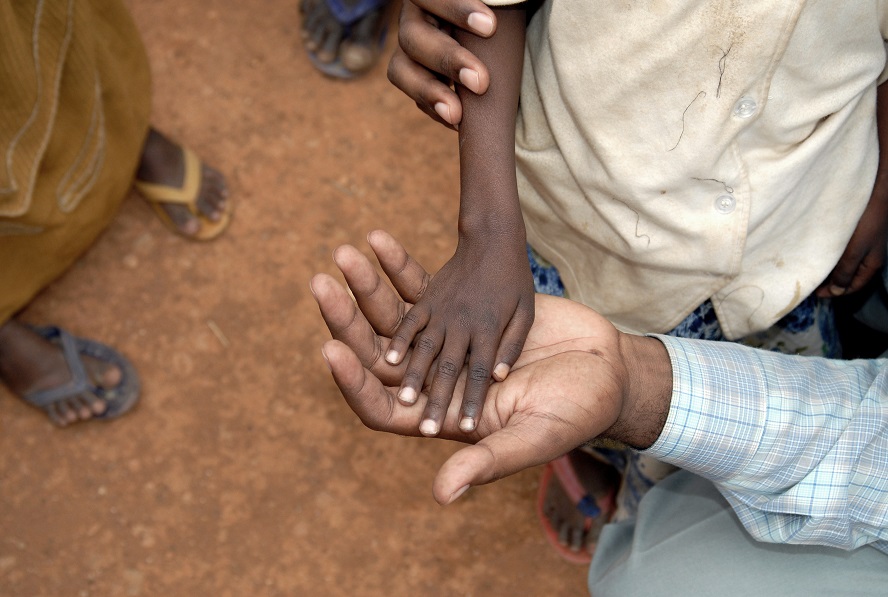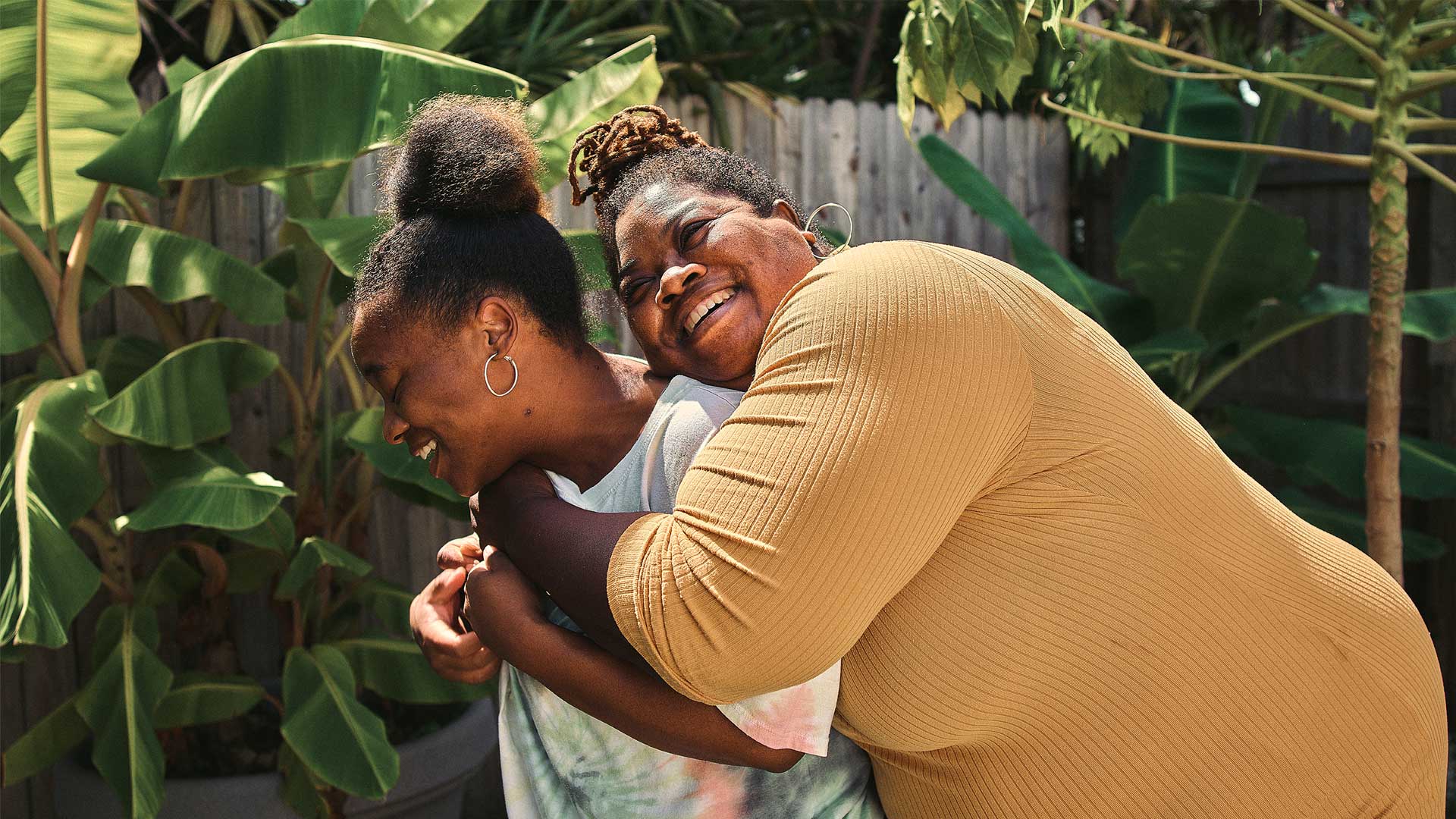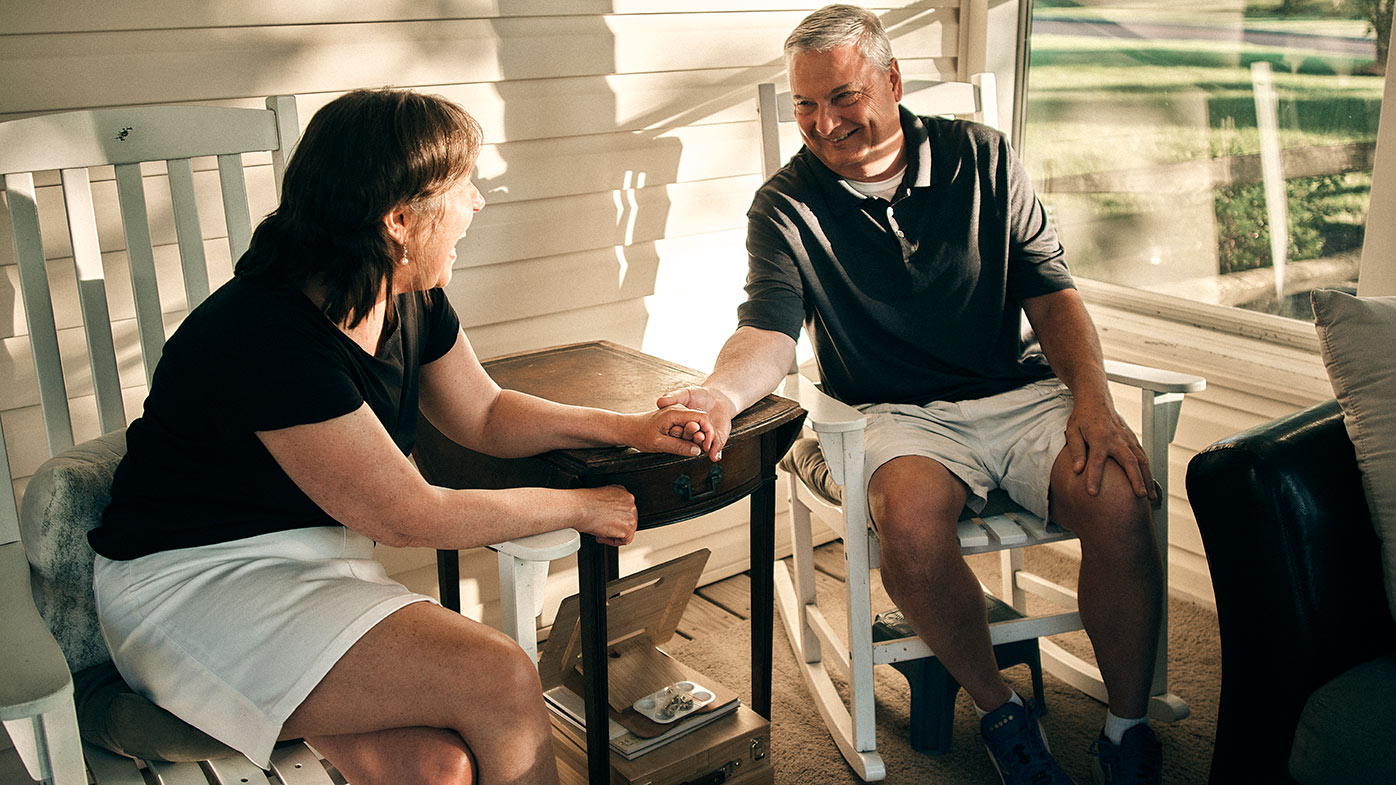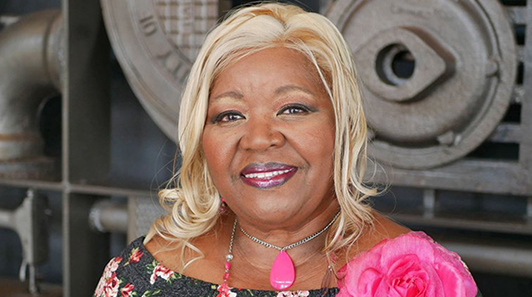
In less developed regions, where the majority of cancer deaths occur today, the imbalance between available resources and need is even greater. Many barriers keep the world’s poor and most vulnerable populations from access to quality and affordable cancer healthcare.
It is clear that in today’s complex environment, the challenges of cancer healthcare cannot be addressed unilaterally. We need to create partnerships to build capacity of healthcare providers and further train the workforce to care for cancer patients, especially in developing countries. Working together, we must improve sustainable access to care and treatment.


